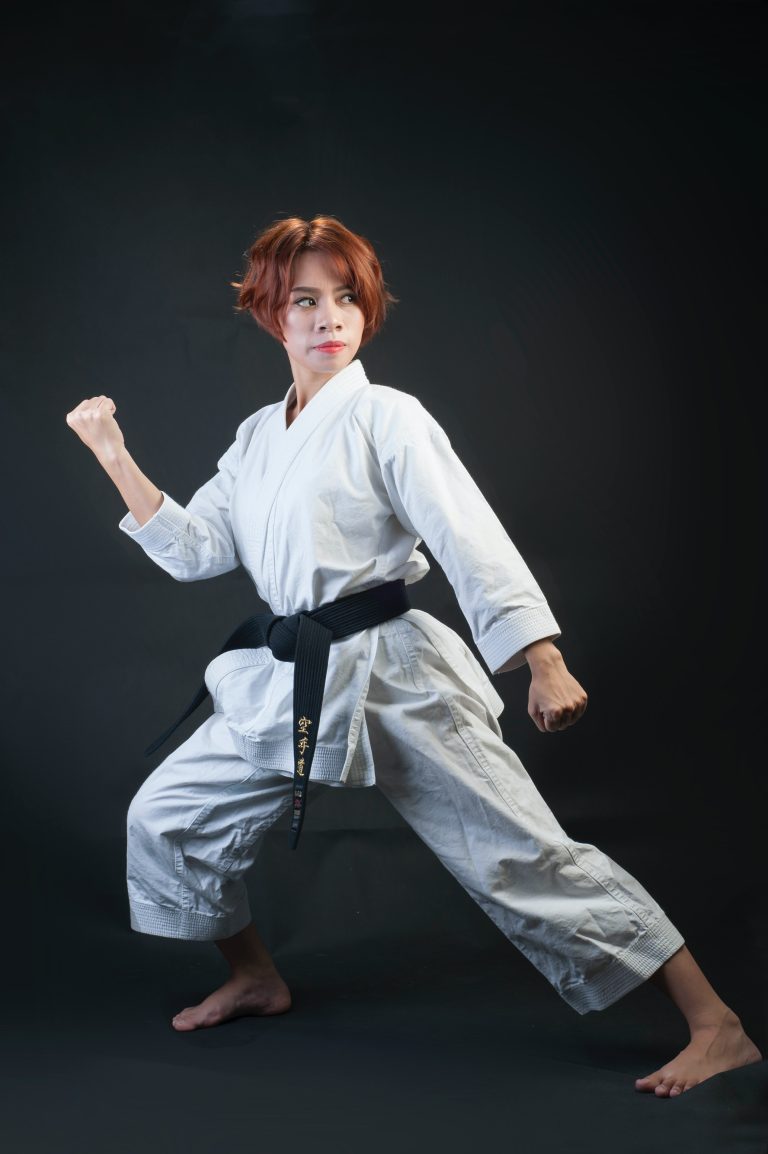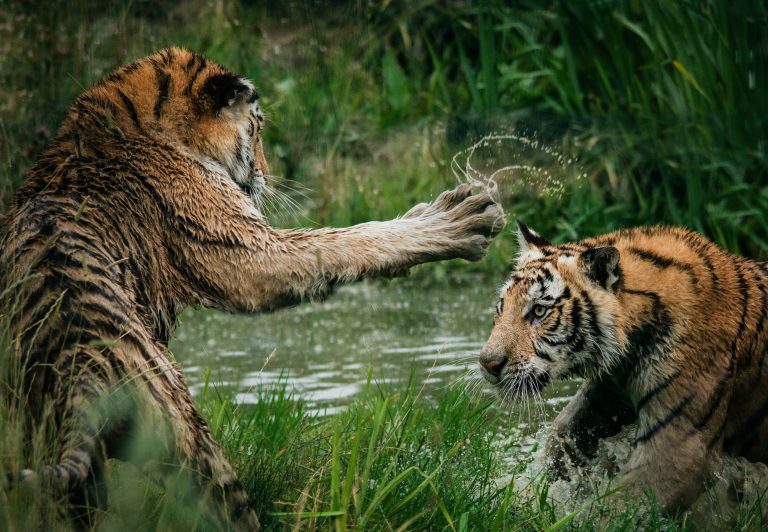How to Become a Karateka
Karate is a popular martial art that originated in Okinawa, Japan. It is known for its powerful strikes, quick movements, and effective self-defense techniques. If you’re interested in becoming a karateka, this guide will provide you with a step-by-step process to get started.
Step 1: Find a Karate Dojo
The first step to becoming a karateka is to find a karate dojo near you. A dojo is a training hall where karate is practiced and taught. You can search for one online, ask friends or family for recommendations, or check with your local community centers to see if they offer classes.
Step 2: Choose a Karate Style
There are several different styles of karate, each with their own unique techniques and philosophies. Some of the most popular styles include Shotokan, Goju-Ryu, and Shito-Ryu. Research the different styles and choose one that works best for you.
Step 3: Attend a Trial Class
Most dojos offer trial classes for beginners to try out before committing to regular training. Attend a trial class to get a feel for the style and the instructor’s teaching methods. This will help you decide if karate is something you want to pursue long-term.
Step 4: Purchase the Necessary Equipment
To train in karate, you will need to purchase a few pieces of equipment. These include a gi (karate uniform), a belt to indicate your rank, and protective gear such as gloves, shin guards, and a mouthguard. Your instructor can provide you with a list of required equipment.
Step 5: Attend Regular Classes and Practice Consistently
Once you’ve found a dojo, chosen a style, attended a trial class, and purchased the necessary equipment, it’s time to start training. Attend regular classes and practice consistently to improve your skills and progress through the ranks. Most dojos offer a structured curriculum with belt rankings to indicate your progress.
Step 6: Embrace the Philosophy of Karate
Karate isn’t just about the physical techniques – it also has a rich philosophy centered around discipline, respect, and perseverance. Embrace these values and apply them to your daily life. Remember that karate is not just a sport, it’s a way of life.
Step 7: Compete and Attend Seminars
As you progress through the ranks, you may want to start competing in tournaments or attending seminars to improve your skills. These experiences can be valuable for building confidence and learning from other karatekas.
Conclusion
Becoming a karateka takes time, dedication, and a willingness to learn. By following these steps, you can get started on the path to becoming a skilled karate practitioner. Remember to always train safely, respect your fellow students and instructors, and stay committed to your practice.
Frequently Asked Questions About How to Become a Karateka
Becoming a karateka involves dedication and hard work. It requires years of discipline and practice to perfect martial arts techniques before achieving black belt status. If you’re interested in becoming a karateka, there might be a few questions running through your mind. Here we’ll answer the most frequently asked questions about how to become a karateka.
What is Karate?
Karate is a martial art characterized by its emphasis on striking techniques such as punches, kicks, knees, elbow strikes, and open-hand techniques such as knife-hands, spear-hands, and palm-heel strikes. Karate practitioners also learn grappling and joint-lock techniques as part of their training. Karate originated in Okinawa, Japan, in the late 19th century, before spreading throughout the world.
What are the benefits of learning Karate?
There are numerous benefits to learning karate. For starters, it helps you develop physical strength, flexibility, and cardiovascular fitness. Karate also helps develop self-discipline, focus, and goal setting skills. Additionally, karate is an excellent tool for self-defense, which can help build self-confidence and improve personal safety.
Is Karate Safe?
Karate is a safe activity when proper training and supervision are involved. Karate teachers are trained to teach techniques in a safe environment and ensure that students warm up properly before each class. Students are encouraged to wear protective gear when sparring or fighting to avoid unnecessary injuries.
What are the Different Belt Ranks in Karate?
Karate students progress through different ranks, with varying belt colors indicating each level. A beginner starts with a white belt and progresses through a series of colors, including yellow, orange, green, blue, brown, and black. The black belt is the highest achievement in karate, with several degrees indicating advanced levels of knowledge and skill.
How Long Does it Take to Earn a Black Belt in Karate?
The time it takes to earn a black belt in karate depends on several factors, including the student’s commitment, effort, and frequency of training. In general, it takes about 3-5 years of consistent training to earn a black belt. However, this timeline can vary depending on the individual and their level of dedication.
Do I Need Any Prior Experience to Start Learning Karate?
No, you do not need any prior experience to start learning karate. Karate is a beginner-friendly martial art that is accessible to anyone regardless of age or fitness level. Karate classes usually start with the basics and gradually progress to more advanced techniques as students gain experience.
What Should I Wear to Karate Class?
Students should wear comfortable clothing that allows for freedom of movement during karate class. Most karate schools require students to wear a karate uniform, also known as a gi, which consists of a white jacket, pants, belt, and sometimes a protective cup for men.
How Do I Find a Karate Class Near Me?
There are several ways to find a karate class near you. You can search online for local karate schools or ask for recommendations from friends, family, or acquaintances. Make sure to research the karate school and read reviews before committing to a class.
Karate is a rewarding and challenging martial art that can improve your physical fitness, self-discipline, and self-confidence. Take the time to research your options and find a good karate school to start your journey as a karateka.
Inhaltsverzeichnis






